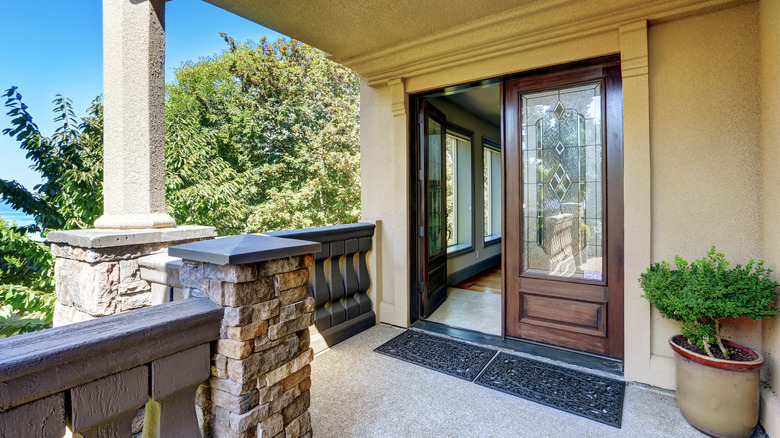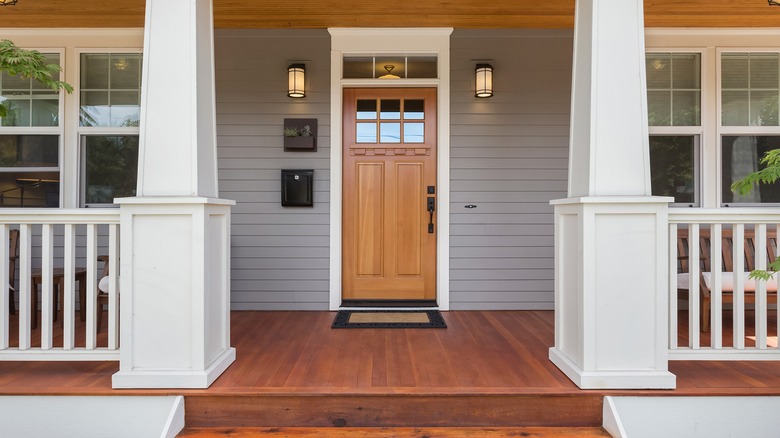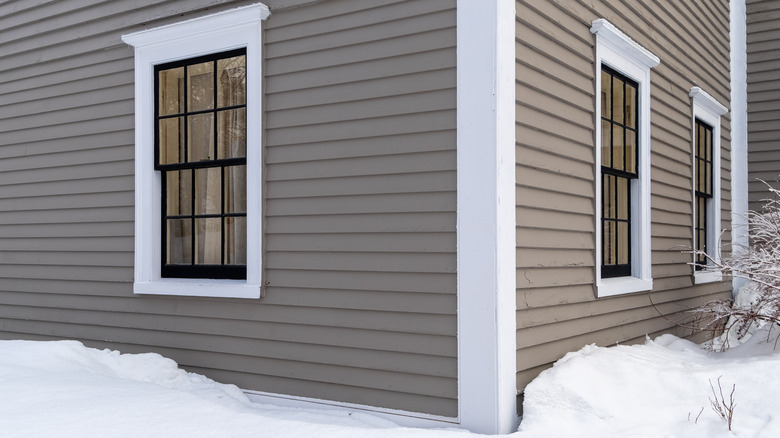Brickmold: The Simplest Solution To Extending The Life Of Your Windows & Doors
If you spend a few minutes looking at expert opinions about brickmold online, you might find yourself in a panic about the security and longevity of your doors and windows. You don't remember hearing the term "brickmold" before? Is it possible that you don't have it, and that rain, noise pollution, and burglars are infiltrating your home as you read this? Well, it's probably not as much of a problem as you fear. Brickmold is simply the exterior trim around a door or window, a part of the casing that extends over the siding and covers any gaps between the door/window and the siding. The most common way to get brickmold is to buy it already integrated into a pre-hung exterior door. It helps you accomplish a number of things, depending on whether you're using it on a door or window. Generally speaking, it seals your door or window casing (and its framing) from the elements, and for the same reasons helps to keep noise and drafts out, while keeping heated and cooled air in.
Brickmold is super-important, especially for keeping the weather out, but that's a little like saying tires are important to a car. It's pretty unlikely that you bought a car without means of rolling down the road, and you probably have something doing brickmold's job of covering the gap between your doors/windows and your home's framing. So don't panic. Stay calm and read on.
Brickmold for doors
Door-casing brickmold is important for a number of reasons, but there are also good reasons not to have it. Brickmold is installed on the outside of exterior doors, and pre-installed brickmold prevents the door (which is slid into place from the outside) from falling into the home as you work. This won't keep the door from falling the other direction, but you can temporarily nail the door in place through the brickmold itself. Brickmold is also available separately in 2-inch-wide sticks. You can also get 1 ¼- and 1 ½-inch widths, but you obviously won't get the installation benefits if it's not already in place when you install your door. Brickmold is available in finger-jointed wood, solid wood, and PVC/composites. Brickmold can add $100-150 (including labor) to the cost of a typical exterior door.
Even doors without brickmold will usually have some form of molding covering the space between door and siding. The most common alternative is trim matching your siding, which will probably be made of the same materials as the siding itself. In this case, you can paint your door and the trim the same color to suggest brickmold and create a more unified, purposeful design. This is probably the main reason you'd opt out of brickmold: If you're using some other trim, you'd have to remove the integrated brickmold, which is a waste of money and causes unnecessary labor, and it introduces the possibility of damaging your door casing during brickmold removal.
Brickmold for windows
Brickmold is often pre-installed on windows as well, and for the same reasons: to prevent water from leaking in and to finish the windows attractively. As with doors, if you've bought windows without integrated brickmold, you can buy it separately and add it after the installation. You might want to use this option if the particulars of your window replacement make it likely that integrated brickmold will get in the way during installation.
For certain more modern architectural styles, brickmold around windows can be a bit too bulky. Fortunately, unlike doors, windows have a number of options and installation methods that do the non-aesthetic jobs of brickmold. Replacement windows can be outfitted with rebate trim designed to fill the area of the old windows and trim. For new construction and some renovation applications, windows also come with integrated nail flanges. When combined with sealant between nail flange and sheathing, as well as proper installation of flashing and siding, the gaps between window and siding usually get covered very effectively. Still, if you're not confident in the installation, you can always check windows and doors for drafts with a match or candle.



